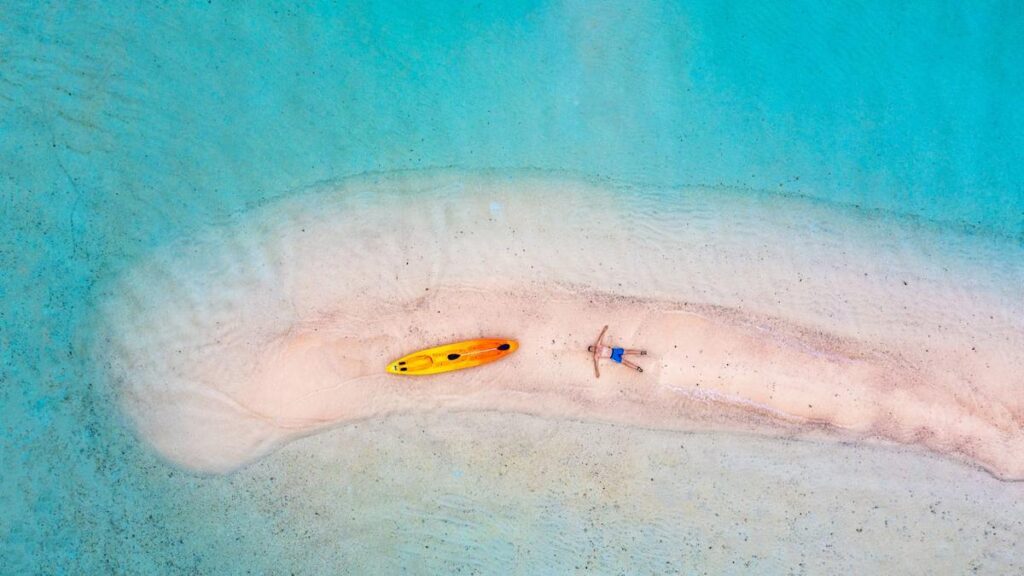
MOSCOW – A new island has emerged in the Caspian Sea, promising to become a haven for rare wildlife.
A team of researchers from the P. P. Shirshov Institute of Oceanology (IO) of the Russian Academy of Sciences (RAS) has discovered an unnamed island 19 miles southwest of Maly Zhemchuzhny Island, Russia. The formation was initially identified in November 2024 through satellite images, revealing a sliver of land peeping above the water.
Breaking: New Land Formation in Caspian Sea
The discovery of this island is attributed to a combination of cyclical sea level changes, climate change, and tectonic activity. These factors have caused the island to breach the water’s surface, presenting a unique opportunity for ecological research and conservation.
Immediate Impact
Researchers anticipate the island could serve as a vital refuge for rare bird species and Caspian seals. The island’s emergence is seen as a potentially positive development for biodiversity in the region.
“The occurrence of new islands in the Caspian Sea is associated with cyclical processes of long-term fluctuations in the level of these landlocked waters,” said Stepan Podolyako, a senior researcher at IO RAS.
Key Details Emerge
According to a report from TSS, a state-owned Russian news agency, the initial identification of the island was not enough to convince some researchers. However, a subsequent expedition confirmed its existence, despite challenges such as shallow waters and poor weather conditions preventing landfall.
“At the time of the survey, the island’s surface was a damp flat plain complicated by ridges of sand waves,” the report noted.
Expert Analysis
Podolyako explained that the island’s appearance is linked to historical patterns of sea level fluctuations in the Caspian Sea, with similar events occurring in the 1930s, 1970s, and 2010s. He pointed out that evaporation rates influenced by climate change play a significant role in these fluctuations.
The warming global temperatures accelerate the water cycle, causing extreme droughts in some areas and excessive precipitation in others. Tectonic plate shifts are also considered a potential factor in the changing sea levels.
What Comes Next
The IO RAS plans another expedition in the latter half of 2025 to further investigate the island and identify its unique features. This will help determine a suitable name for the island and assess its potential as a nesting site for wildlife.
Future investigations are crucial for understanding the ecological significance of the island and its role in regional biodiversity.
Background Context
The Caspian Sea, the largest enclosed inland body of water on Earth, has long been subject to natural and anthropogenic changes. These changes have impacted its ecosystem and the surrounding regions, making discoveries like the new island particularly noteworthy.
More than 80% of the world’s ocean remains unexplored, highlighting the potential for further discoveries.
The emergence of this island is a reminder of the dynamic nature of Earth’s geological and climatic systems, offering both challenges and opportunities for scientific exploration and conservation efforts.
As researchers continue to study the island, the findings may provide insights into the broader impacts of climate change and tectonic activity on marine environments.






